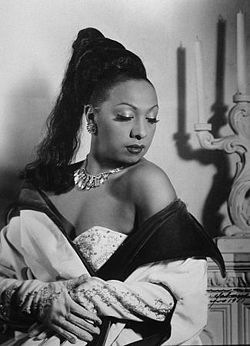| |
| Part of a series on the |
| Catholic Church |
|---|
 St. Peter's Basilica, Vatican City |
| Overview |
Philosophy |
Miscellaneous Relations with: |
Links and resources |
| |
For broader coverage of this topic, see Catholic Church and homosexuality.
There have been a number of LGBTQ Catholics throughout history.


